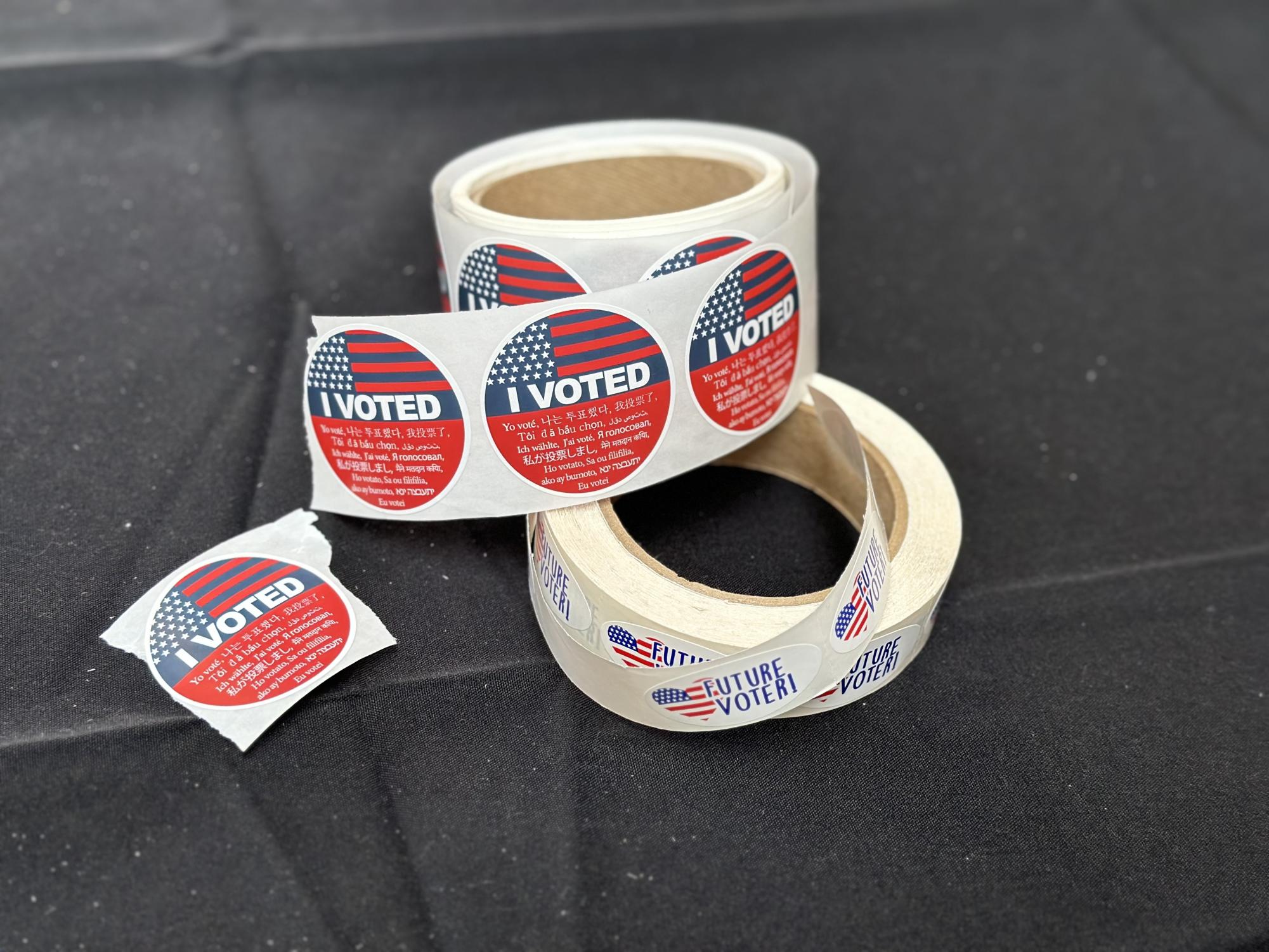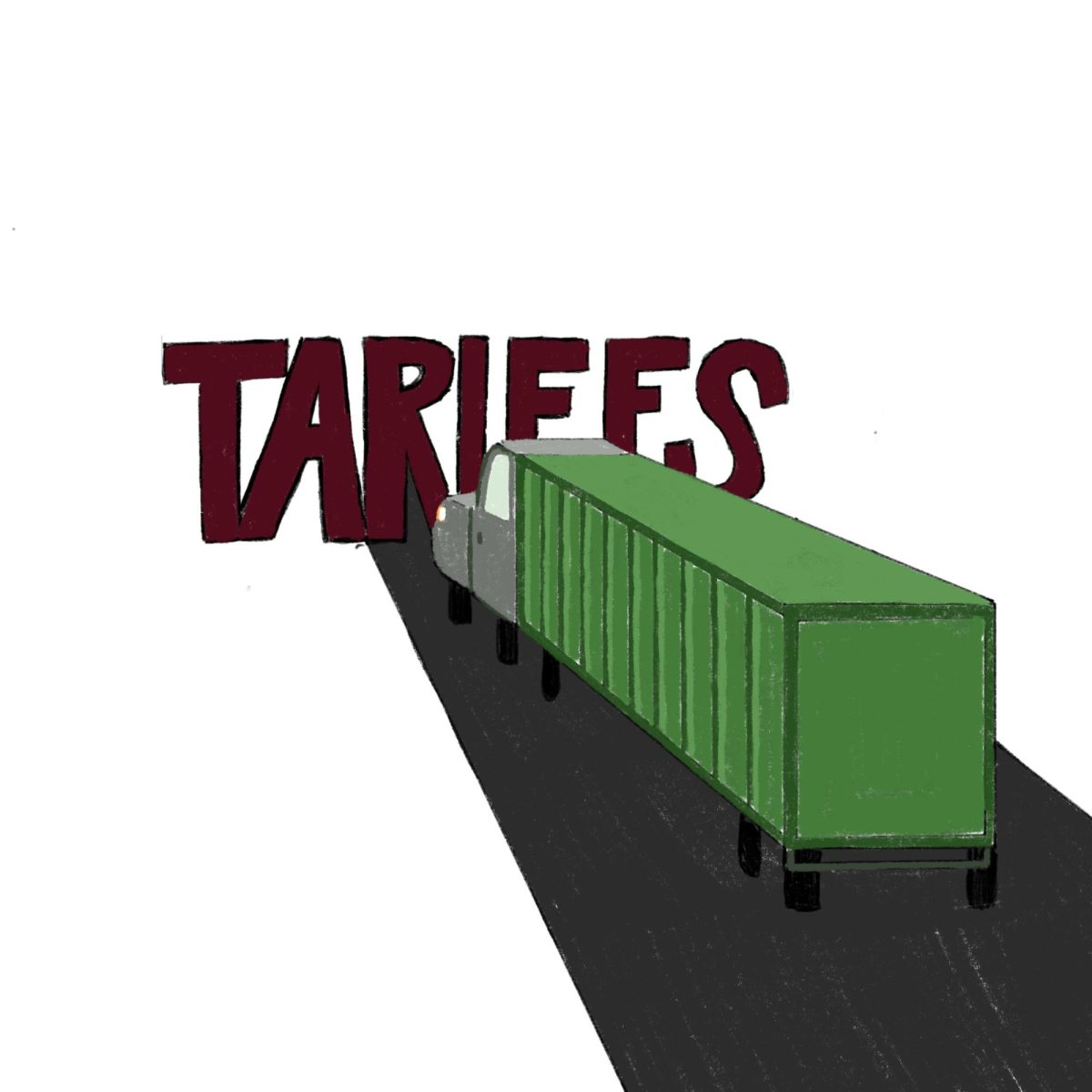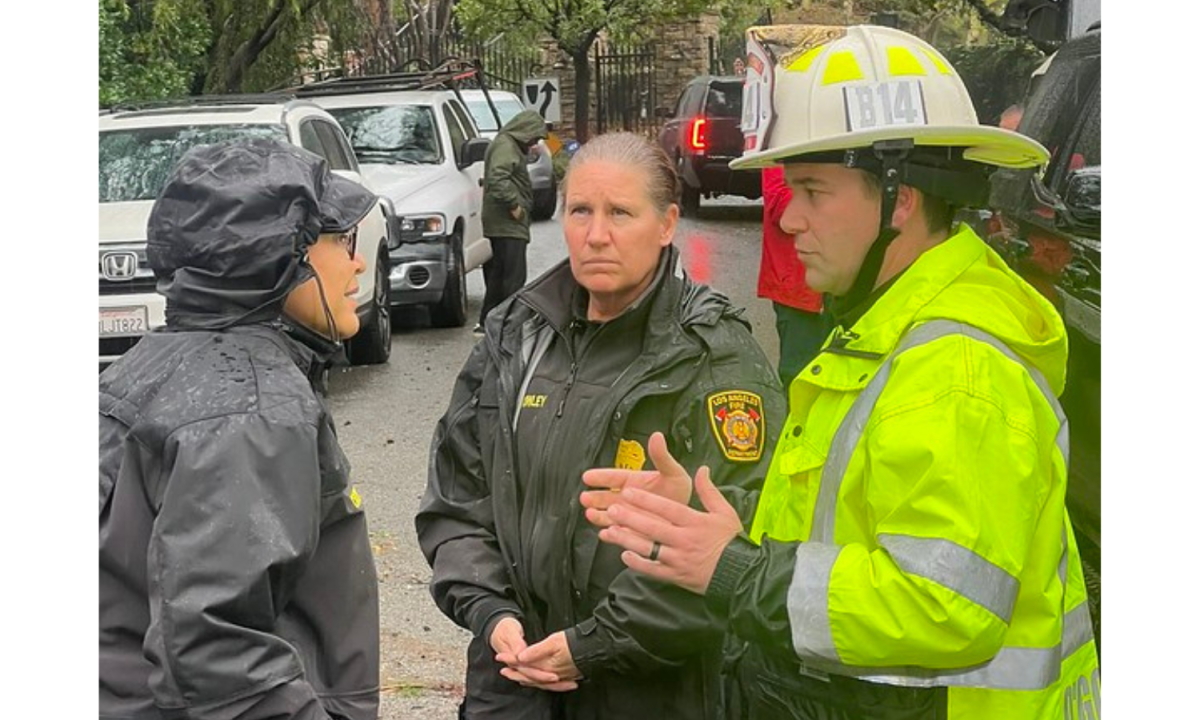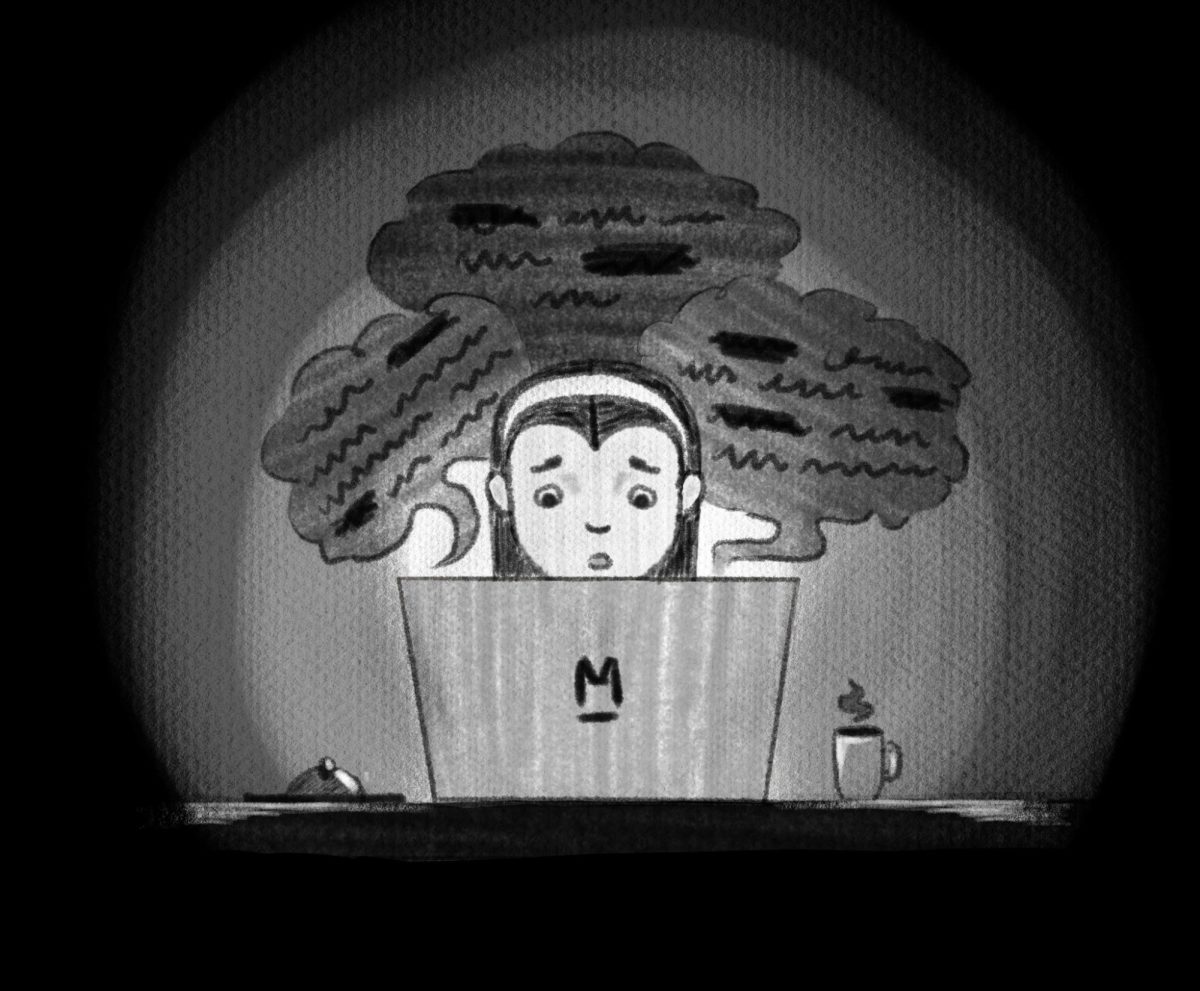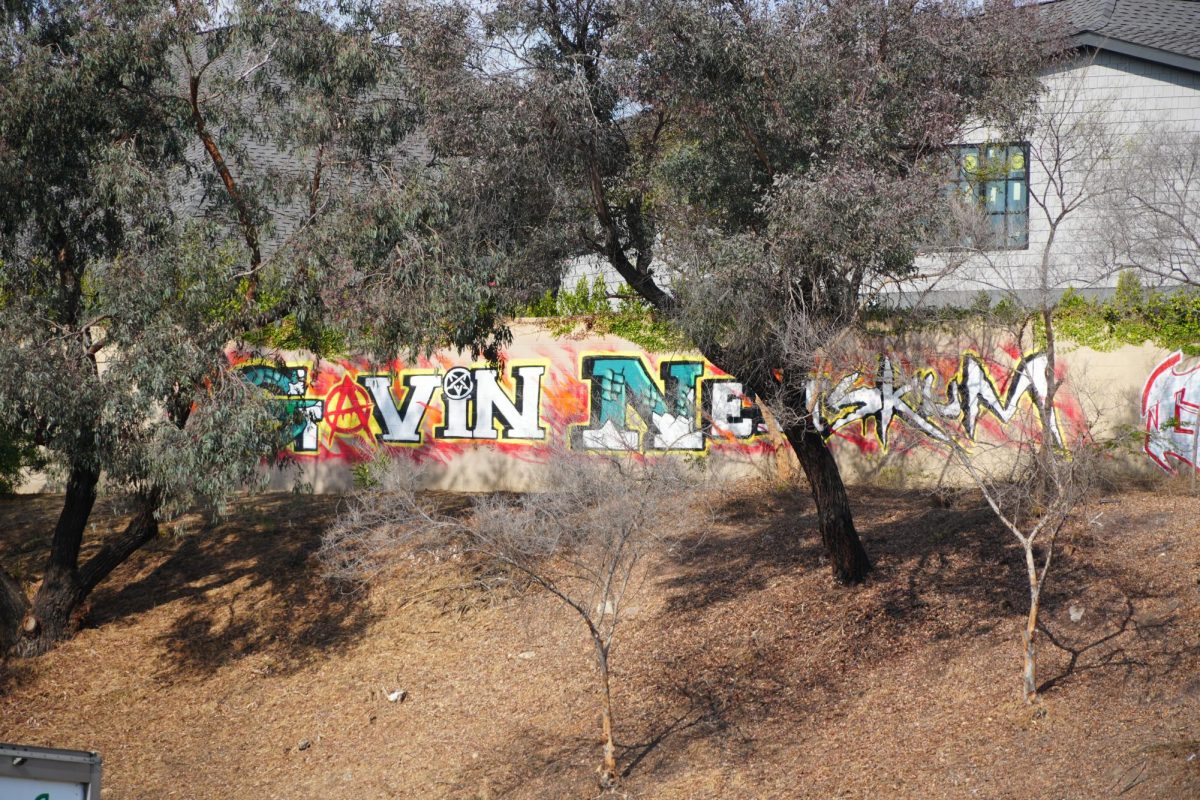A presidential candidate isn’t the only thing Californians will be voting for on Election Day. Ten propositions are also up for grabs, which address topics such as amending the state constitution, funding climate programs and reclassifying certain misdemeanors as felonies. A proposition can impact individuals more directly than federal laws, and it is one of the most direct forms of democracy.
Below is a guide to five propositions that are either complex, controversial or critical for youth voters.
Proposition 3: Reaffirm the right of same-sex couples to marry
Prop 3 would protect the right to same-sex marriage by enshrining it into the California Consitution. It would repeal Proposition 8, a proposition voted on in 2008 that defined marriage as being strictly between a man and a woman in California’s Constitution.

FOR: Supporters argue that by removing discriminatory language from California’s constitution, the state would uphold a right to marry that is already recognized federally. It would also protect California from any potential future infringements upon the right to same-sex marriage if the Supreme Court decides to overturn the 2015 Obergefell v. Hodges decision.
AGAINST: Opponents argue that Prop 3 would remove all limitations on marriage, including those on child marriages, incest and polygamy. However, according to an analysis of the proposition by the nonpartisan Legislative Analyst’s Office, the proposition would not change state marriage law. Opponents also claim that a healthy family and society require children to be raised by a mother and a father.
Proposition 4: Borrow $10 billion for environmental and climate projects
Prop 4 would authorize the state to borrow $10 billion in bonds from the government to spend on environmental and climate protections. Roughly $5 billion would be spent on improvements to clean drinking water, and the rest of the money would be used for wildfire protection, clean air and the conservation and protection of natural resources.
FOR: Supporters claim that increased spending on environmental protection is imperative in a state under the threat of wildfires, extreme heat, droughts and water contamination. Supporters also argue that by using the bonds to implement preventative measures against natural disasters, Prop 4 would save money for the government in the long run.

AGAINST: Opponents claim that bonds are the most expensive means of funding government spending and that some of the funds will go towards unproven technologies. Opponents also believe that if climate projects like clean drinking water are a priority for the state of California, funds for these projects should come from the general budget.
Proposition 36: Increase penalties for theft and drug trafficking
Prop 36 would change some theft or drug trafficking crimes that are currently classified as misdemeanors to felonies. In effect, those convicted of these crimes would receive increased punishments. The proposition also creates a new crime category titled a “treatment-mandated felony,” where those charged could have the option to complete drug treatment instead of facing prison time.
FOR: Supporters believe that it would address California’s drug problem because increased penalties on drug possession would result in mandated treatment for drug use.
AGAINST: Opponents argue that studies on criminal justice and homelessness have shown that increased punishments do not prevent or reduce crime and that Prop 36 would be very costly without any results.
Proposition 33: Local rent control on residential properties
Some cities, including Los Angeles, limit how high a landlord can raise rent on housing each year. However, a 30-year-old law restricts local governments from controlling the rents of single-family homes, buildings with new tenants or buildings constructed after 1955. Prop 33 would allow city governments to control rents on any kind of housing regardless of prior limits.
 FOR: Supporters argue that high rent prices have forced many residents to pay half their salaries to live in specific California cities or have left those on fixed incomes one step away from homelessness. They believe rent control has successfully kept people housed in other cities.
FOR: Supporters argue that high rent prices have forced many residents to pay half their salaries to live in specific California cities or have left those on fixed incomes one step away from homelessness. They believe rent control has successfully kept people housed in other cities.
AGAINST: Opponents argue that capping rents would lower property values and make developers less likely to build new homes. They say this would limit the number of new residences and increase rent on existing rentals not protected by this proposition, worsening California’s housing crisis.
Proposition 35: Health care tax
Prop 35 would make an existing health care tax that is set to expire in 2027 permanent and require that its revenues go directly to Medi-Cal, the public health insurance program for low-income Californians and people with disabilities.
FOR: Supporters argue that Prop 35 protects access to health care by securing funding for hospitals, specialty care and more without raising taxes. They also point out how Prop 35 would prevent the state from redirecting tax revenue for non-health care uses.
AGAINST: There is no official registered opposition, but Gov. Gavin Newsom has said he will oppose the measure, arguing that restricting how tax revenue is spent hinders the government’s ability to balance the state budget.
For access to more information on the other propositions on the California Ballot in November, you can reference Cal Matters’ online voter’s guide.


